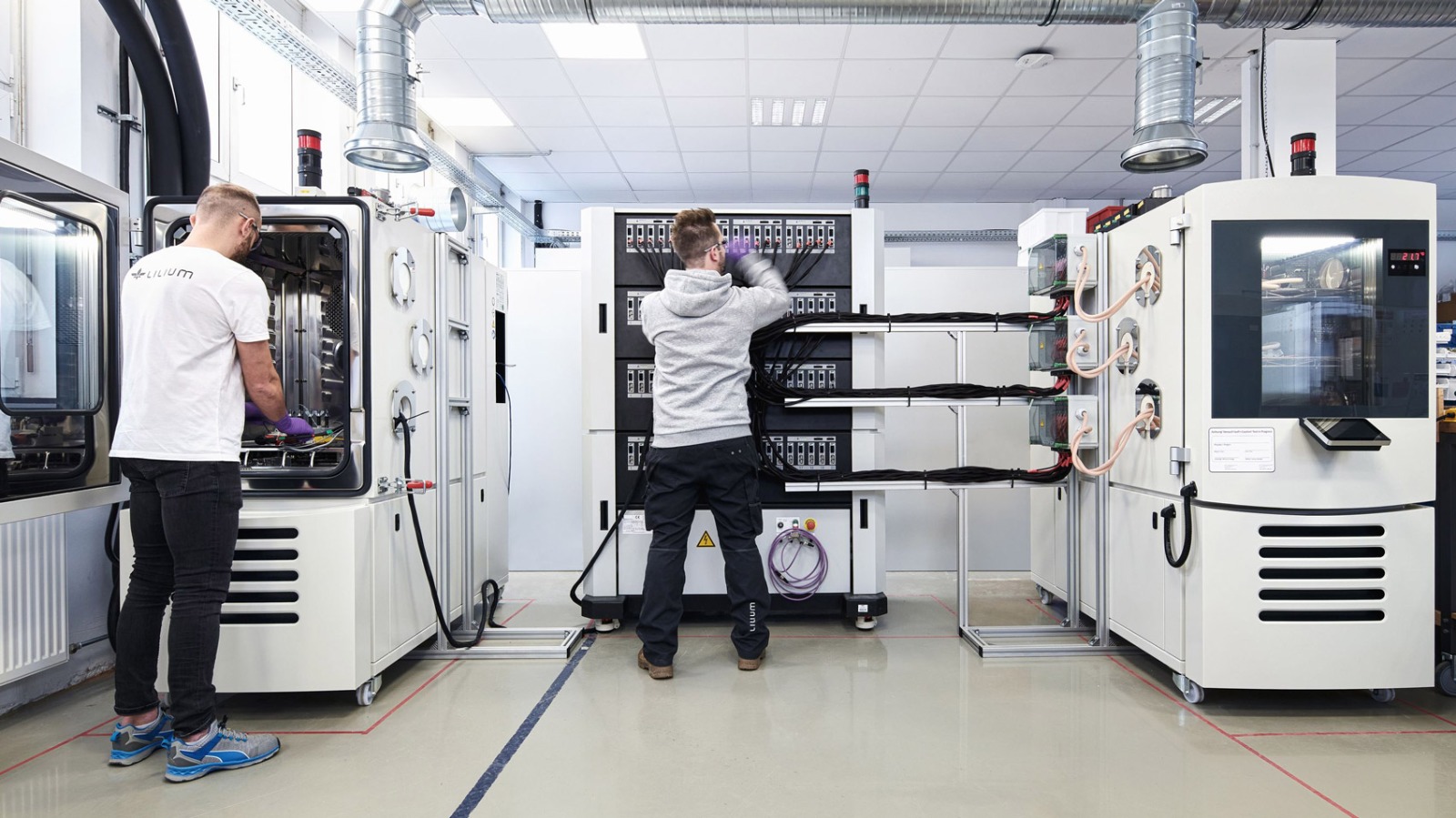Log-in here if you’re already a subscriber
On January 7, 2013, Japan Airlines’ station manager at Boston Logan International Airport was in his office monitoring radio chatter when he was informed of smoke inside the cabin of a parked JAL Boeing 787 that had recently arrived from Narita. The airliner was brand-new — it had been delivered less than three weeks earlier — and the station manager was perplexed. “So you mean [a] passenger smoked in the lavatory?” he asked.
As quickly became apparent, the problem was not a smoking passenger but a smoking lithium-ion battery for the aircraft’s auxiliary power unit. First responders would spend the next hour-and-a-half trying to control the fire and wrestle the battery box from the aft electronic equipment bay as it belched hot liquid and smoke. Just over a week later, on January 16, the crew of an All Nippon Airways 787 en route from Yamaguchi to Tokyo performed an emergency landing after a smoking main battery of the same model as the APU battery triggered a warning in the cockpit.
Related: Even without flying, eVTOL takes up the air at Farnborough
These thermal runaway incidents triggered a global grounding of the 787 fleet that lasted three months and, eventually, a comprehensive revision of the standard for lithium battery systems on aircraft. Now, almost a decade later, they are casting a long shadow as a new generation of electric aircraft vie for certification. The incidents wre in some ways an enabler for electric aviation, forcing the industry to rigorously assess the risks associated with lithium batteries and find ways to mitigate them. But that work is incomplete, and the 787 grounding is an indelible reminder of the stakes involved in getting it wrong.
Of all the certification challenges facing novel electric aircraft, those involving batteries may be the most consequential. To date, most of the focus on batteries has been on whether they’re good enough to enable meaningful missions, especially for power-hungry electric vertical take-off and landing aircraft. Impressive demonstrations by leading eVTOL developers Joby Aviation and Beta Technologies have somewhat allayed those concerns, but crucially, those flights took place in uncertified prototypes. Certification requirements for lithium propulsion batteries are still being determined, and it remains to be seen how the thermal runaway mitigations ultimately demanded by regulators will impact the weight and performance of each aircraft model under development.
Subscribe to continue reading...Subscribe to Continue Reading
Our award-winning aerospace reporting combines the highest standards of journalism with the level of technical detail and rigor expected by a sophisticated industry audience.
- Exclusive reporting and analysis on the strategy and technology of flying
- Full access to our archive of industry intelligence
- We respect your time; everything we publish earns your attention


